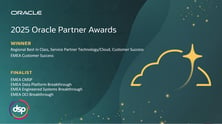Oracle Licensing Frequently Asked Questions (FAQ)
DSP has been providing specialist Oracle Licensing services for over two decades. Consequently, we have become known within the industry for our Oracle Licensing expertise and are officially one of only three Oracle partners in the UK and Ireland to offer accredited Oracle Licensing support.
Continue reading to find the most frequently asked questions about Oracle licensing and discover what our licensing experts suggest.
Fill in your email below to access the PDF version of the frequently asked questions


Do you have to license both nodes when using Data Guard for replication?
Yes! Oracle treats Data Guard as a real-time replication tool, as both nodes are near synchronous. This provides resilience in your database environments, but as both nodes are live at the same time, they both need to be considered for licensing. Data Guard is a component of Enterprise Edition, so both nodes need licensing for Enterprise Edition, but there are no additional costs for licensing the usage of Data Guard.
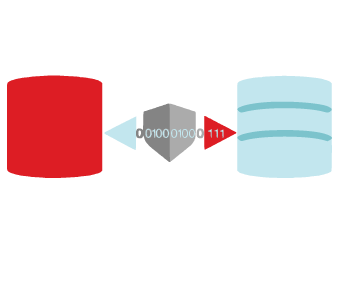
Do we need to license our DR server if it is not Active?
That depends on what you consider as Active. If the second server is classed as Failover, then it might qualify to not be licensed. However, Oracle has some specific criteria that you must meet to qualify for a Failover definition. Your environment must have a single shared storage array, and the second server must not physically be turned on for more than 10 days per calendar year. If you meet that definition, then you don’t need to license the second server. If you don’t meet that criteria, or your second server is turned on constantly and replicated, even if no users are accessing it, then it falls outside of Oracle’s Failover terms and would need a license.

Why have we been selected for an Oracle audit?
There are no specific guidelines that dictate why you have been nominated for an Oracle audit. The typical audit cycle is between 3 and 5 years, so if you have not had an audit in that time, there is a higher chance of being selected. Oracle’s audit team – GLAS – sit outside of the sales function so there is usually a barrier between an audit nomination from GLAS and the sales function. It is usually the case if you've been unfortunate to have been selected!
If I use functionality in VMware to limit where Oracle can run and can demonstrate this to Oracle, does that allow me to only license the VMs where we deploy Oracle?
The simple answer is no. Oracle recognises VMware as a form of soft Partitioning for Oracle licensing. In turn, this means that regardless of how you isolate/pin/limit within VMware itself, from an Oracle licensing point of view, you are still liable for licensing the full physical environment. Oracle doesn’t recognise forms of Soft Partitioning, i.e. VMware as a means of limiting license exposure. This is the same whether you are deploying on a single server using VMware to allocate resources on that server, a wider VMware estate, or a cluster with multiple servers.
Can I deploy my existing licenses in Azure as we are migrating our Oracle databases to Azure?
Yes. Oracle licences are fully portable; you can migrate them from on-premise hardware to on-premise hardware and equally migrate them to a public cloud platform. Only Azure and AWS are classed as Authorised Cloud Environments by Oracle and have specific rules for licensing depending on the edition you are running – Standard or Enterprise, and the instance size. Oracle Standard Edition 2, requires 1 license for every 4 vCPUs, and you can only deploy on an instance with a maximum capacity of 8 vCPUs. For Enterprise, you need 1 CPU license for every 2 vCPUs, and there is no maximum instance size. If you are undertaking or planning a migration to Azure or AWS, please speak to a DSP licensing expert for advice.
Do I have to renew my support contract against my Oracle licences?
Oracle support is not compulsory in all instances. However, there are a number of things to consider...
- Oracle Support provides exactly what it suggests - 24x7 product support on a reactive basis, should you have any issues
- Free upgrades, updates, patches, bug fixes, etc. So, if you don’t renew, you will not get any access to these, and should a patch be released to fix a serious security vulnerability, you would not be entitled to it without reinstating and backdating your support contract
- Oracle has a matching service policy, and this means all licenses in the product set held by a customer (for example, if you have multi-database deployments) must have the same support level. Therefore, you would need to ensure that all your database licenses held on various CSI numbers all maintain the same level of Oracle support – or Oracle may refuse to provide support

We are decommissioning the Oracle environment. Can we cancel the license and support and obtain a refund?
Unfortunately, Oracle does not provide refunds for cancelled licenses or support agreements. You can cancel at any point but be aware, once cancelled, you will need to buy the license and support again should you require them in the future.
Can we get better discounts by licensing through DSP?
Short answer - YES. DSP Oracle licensing experts have many years of negotiating commercial agreements with Oracle and can use their comprehensive knowledge and expertise to ensure you get the best commercial outcome.
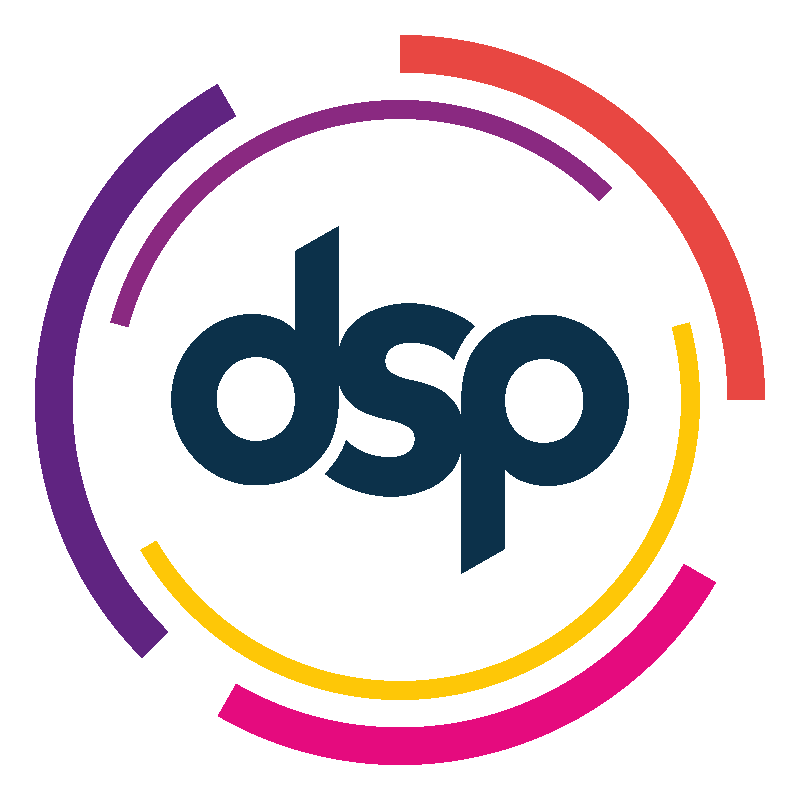
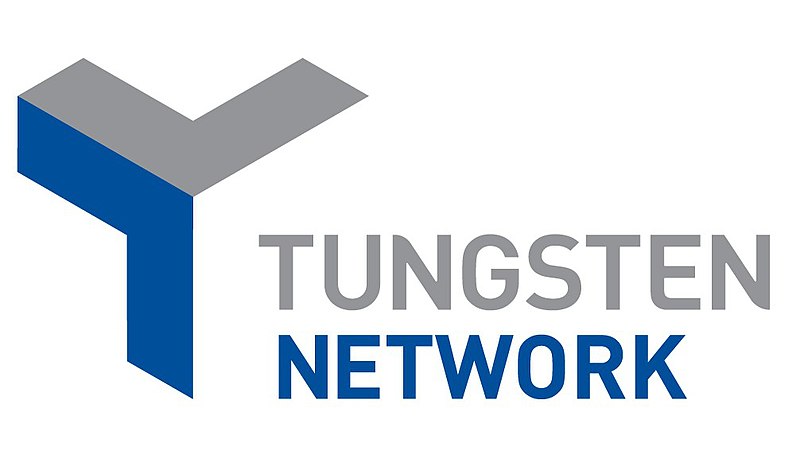
Tungsten Network
“DSP has supported us with their License Advisory Service to mitigate any non-compliance risk and to help define and deliver on our Cloud migration strategies. I would not hesitate to recommend DSP to any Oracle customer if they are considering their services.”
We are providing a hosted service of our own application, and the intention is to provide this in a multi-tenanted platform. What license do we need?
The typical license you purchase is a Full Use license, which is for your own internal business operations – not for providing any hosted services to single or multiple clients. If you are hosting your own intellectual property or application to multiple end users, then you need a Proprietary Application Hosting license or PAH. This is a license with specific legal terminology written into the contract provided by Oracle that allows you to use that license to host your own applications in a multi-tenanted architecture.

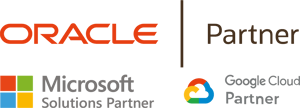
.png?width=250&height=56&name=stonewater-logo%20(1).png)
